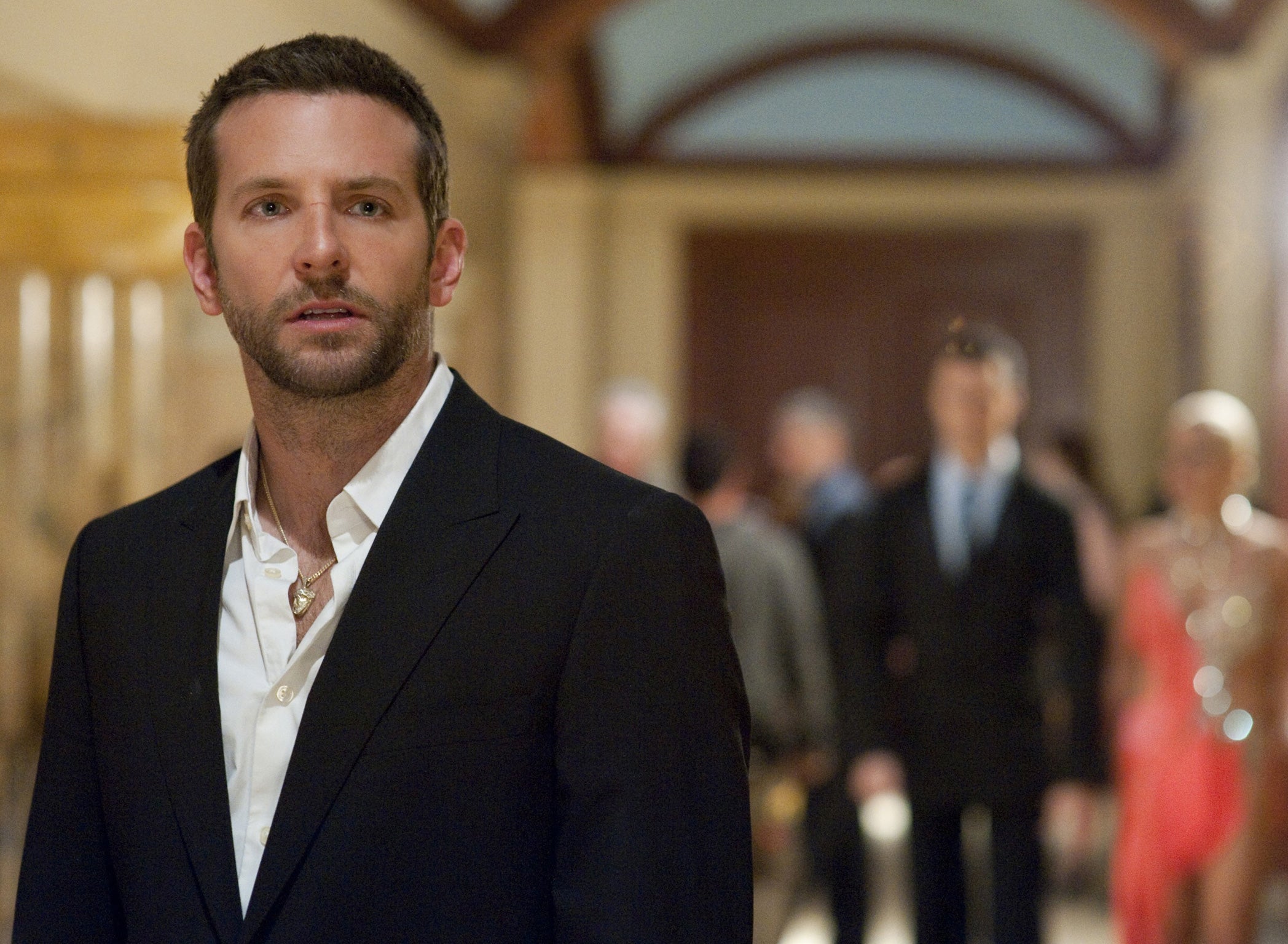IoS film review: Silver Linings Playbook
Mental troubles give way to romantic concerns in David O Russell's suburban comedy-drama

David O Russell's last film, The Fighter, was an exuberantly no-nonsense piece of work. A drama about a struggling boxer and his family, it proved that Russell was a terrific director of actors and a film-maker of abrasive energy, with the knack of taking a more or less mundane story and giving it real big-screen expansiveness.
The Fighter was in a mode that you might call Funky Domesticity, and Russell explores it further in the rather friendlier Silver Linings Playbook. This is a comedy about people in a mess looking for redemption – yes, that fail-safe Hollywood scenario – except that Russell's film is refreshingly pithy about the whole reassuring love-warmth-and-closure package that American comedy, even when it's supposedly cynical, can't help trying to flog us.
Silver Linings Playbook is essentially a romcom, but generously laced with abrasive grit. It's about two troubled people stuck in a bad place – psychologically a bad place, I mean, although suburban Philadelphia hardly looks like heaven on earth. We meet Pat Solitano (Bradley Cooper) when he's released from a state institution and brought home by his mother, Delores (Jacki Weaver), although there's some question about whether he's ready for the outside world. Pat, who is bipolar, had flown into a violent rage on surprising his wife with her lover, with their wedding song in the background. That's why he should be sticking to his medication, and steering clear of Stevie Wonder's "My Cherie Amour".
In his parents' beige cave of a home, at least, Pat is in a safe environment – although the house already crackles with tension since his dad, Pat Snr (Robert De Niro), has an obsessive-compulsive preoccupation with the fortunes of the Philadelphia Eagles football team. Delusionally intent on winning back his wife, Pat is trying to get in shape (wearing a bin liner while he runs, so he can sweat more) and reading through all the books that she teaches: his enraged rant about A Farewell to Arms is a little obviously pitched as a showcase routine, but it's one of the better jokes about Pat's intensity.
Then he meets a woman who's as troubled as he is – the volatile Tiffany (Jennifer Lawrence), widow of a local cop. Both at a loose end, Pat and Tiffany spend much of their day jogging around their neighbourhood, which provides much of the film's visual comedy and dynamism: the camera wheels around as Pat frantically tries to avoid Tiffany, who's forever running into his path from nowhere with a barked "Hey!". This image sums up the dynamic between these two characters – Tiffany's implacable defiance, and the downright terror that overcomes Pat whenever he thinks he's being distracted from his sworn marital mission. But he can't keep away from her: when she recounts her sexual indiscretions to him on an awkward night out, his look of scared-rabbit fascination tells you he's hooked, and desperate to get free.
It's not surprising that Pat is mesmerised: Jennifer Lawrence is one of those screen presences you can't look away from. In Winter's Bone and even the ludicrous confection of The Hunger Games, Lawrence established herself as one of American cinema's handful of real, organic humans – someone who comes across, both physically- and personality-wise, as way outside the manicured standard. Her Tiffany has a hard, unmodulated delivery, with mask-like facial detachment, but voice and mask break down when she loses her cool; she's vulnerable and mercurial, but you never doubt her resilience. Bradley Cooper plays more for laughs, and the manic edge doesn't always come naturally, but his Pat is both charmingly lunkish and at times plausibly threatening. As a double-act, he and Lawrence are near flawless. Batting around Russell's cantankerously witty dialogue, their sense of timing is terrific – like a tennis match building up through the registers of nervy, defensive and outright enraged.
The term "silver linings" is Pat's therapy mantra – he's continually in search of "positivity" (the Playbook part is presumably a residue from Matthew Quick's novel). A nice leitmotif is the shiny, threadbare self-help babble that people persist in spouting. In the end, though, Silver Linings itself goes – perhaps part-ironically, I couldn't quite tell – for the feelgood pay-off. Things come to a fuzzily glowing head at, I'm afraid to say, the dance contest that is Tiffany's personal goal. There's some untidy crowd-pleasing stuff here – Chris Tucker crops up sporadically as a gratuitous comic irritant. And a sub-plot about Pat Snr's insane gamble on an Eagles game bogs the film down (although it also provides a breathless, show-stopping facts-and-figures speech for Lawrence).
A nice surprise, incidentally, is how good De Niro is: he's been coasting affably on his sitcom patriarch routine for a while, in the Meet the Parents films, but he makes a fully formed character out of it here, and his testiness gives the film extra ballast.
Silver Linings Playbook isn't as audacious as it might have been in squeezing comedy out of desperate psychology, and it does finally imply that bipolarity can be cured by love and self-belief. But it's deliciously acted, smartly scripted, and Russell and cinematographer Masanobu Takayanagi shunt the camera about so as to make a small story look like a big, brash, freewheeling one.
Subscribe to Independent Premium to bookmark this article
Want to bookmark your favourite articles and stories to read or reference later? Start your Independent Premium subscription today.

Join our commenting forum
Join thought-provoking conversations, follow other Independent readers and see their replies